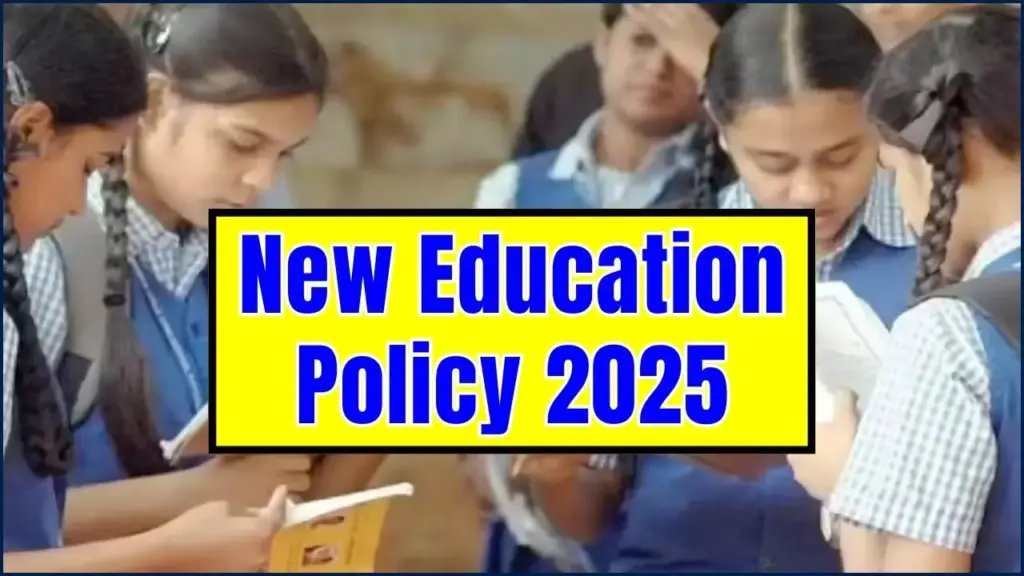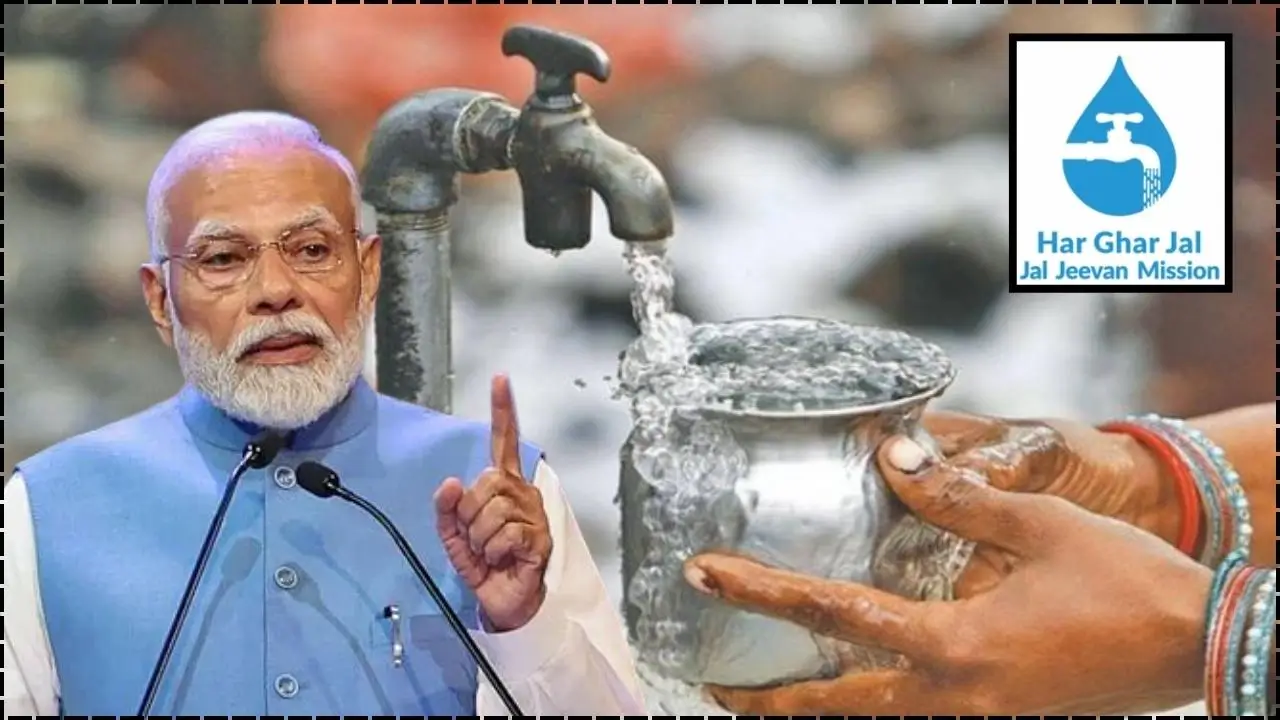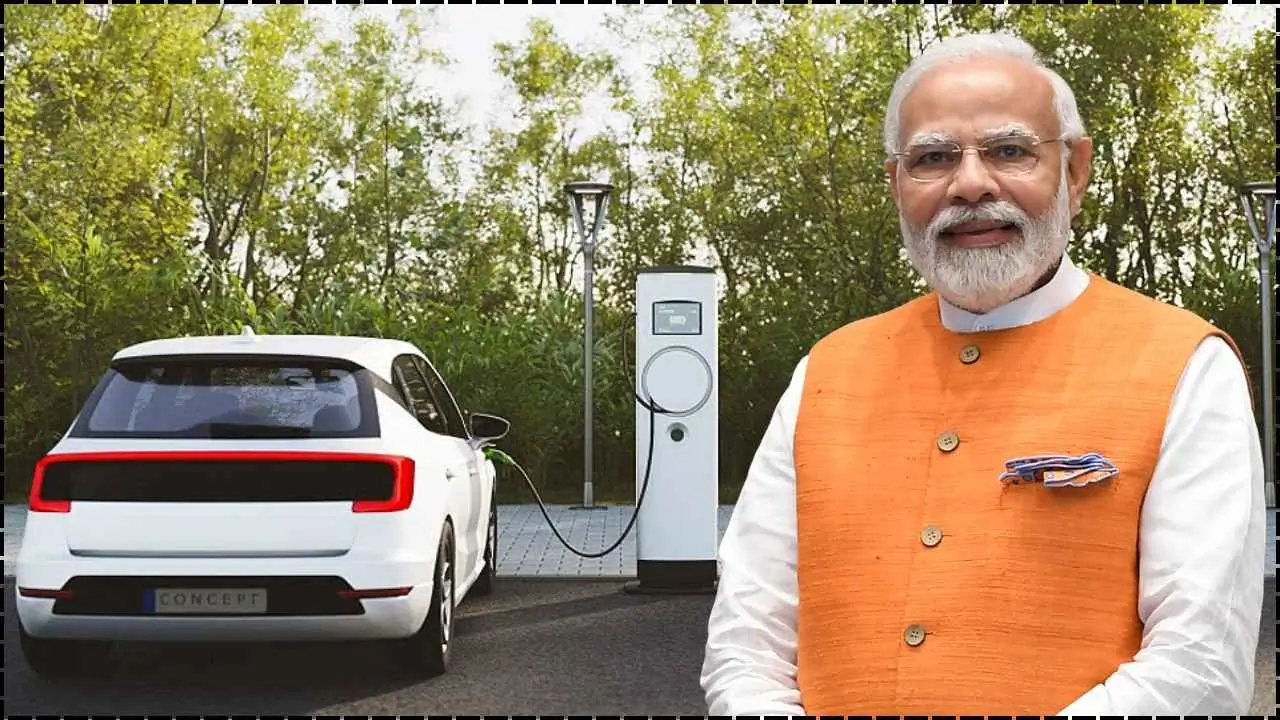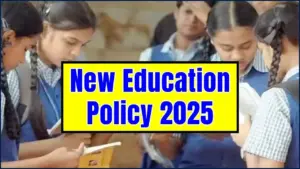The implementation of the New Education Policy (NEP) 2025 marks a momentous commitment by India to nurture the full potential of every child, prioritizing human development and inclusive learning above mere rote memorization. This major shift is a compassionate initiative designed to liberate students from the crushing stress of high-stakes exams, instead fostering holistic growth through diverse and flexible learning pathways.

By focusing on reducing examination burdens and fundamentally improving the quality and accessibility of education nationwide, the policy promises a more dignified and empowering educational journey for millions, and understanding these critical shifts is essential for students, parents, and educators alike to fully embrace this brighter future.
Key Changes in NEP 2025
1. Biannual Board Exams:
One of the most notable changes is the introduction of biannual board exams for Class 10 and Class 12 students. Under the new system, students will have the opportunity to appear for board exams twice a year—once in March and then again in November. This move is designed to reduce stress by allowing students to choose the exam in which they perform better. It also encourages continuous learning and improvement throughout the year, instead of cramming all at once.
What this means for students: Students will no longer have to rely on a single high-stakes exam. This gives them more flexibility and a chance to improve their results in a second attempt if needed.
2. Competency-Based Assessments:
The focus of NEP 2025 shifts from rote memorization to competency-based assessments. Instead of testing students on how much information they can recall, the exams will assess their understanding of concepts, critical thinking abilities, and problem-solving skills. This approach aims to foster deeper learning and the application of knowledge rather than superficial memorization.
What this means for students: Exams will focus on application-based questions and practical knowledge, rather than just theoretical concepts. Students will be expected to think critically and solve problems rather than just regurgitate facts.
3. Increased Focus on Vocational Education:
The NEP 2025 emphasizes the importance of vocational education from an early stage, aiming to integrate it into the school curriculum. Students in middle and high school will have access to courses in skills such as coding, artificial intelligence, renewable energy, and other practical subjects that align with the modern job market.
What this means for students: Students can now start developing vocational skills in addition to their academic subjects, making them more employable and better prepared for future careers.
4. Holistic Progress Cards:
The NEP introduces the concept of Holistic Progress Cards, which will assess a student’s academic and personal development across 41 parameters. These include cognitive abilities, social behavior, emotional development, physical fitness, creativity, and life skills. The aim is to offer a more comprehensive view of a student’s progress, beyond just exam results.
What this means for students: Instead of focusing solely on grades, students will be evaluated based on their overall growth, including physical, emotional, and social development.
5. No More Detention in Early Grades:
The No-Detention policy, which allowed students to pass automatically until Class 8, will be reformed. Under NEP 2025, students in Classes 5 and 8 will be required to pass exams to be promoted to the next grade. This move aims to ensure that students have acquired the necessary foundational skills before advancing.
What this means for students: Students will now be required to demonstrate proficiency in their grade-level subjects, promoting a better understanding of the material before progressing.
6. Multidisciplinary Approach:
The NEP 2025 encourages students to pursue a more flexible and multidisciplinary approach to education. Students will no longer be restricted to only one stream (Science, Commerce, or Humanities) and can take subjects from different disciplines. For example, students can study a combination of subjects such as Physics, History, and Economics.
What this means for students: This gives students the flexibility to choose subjects based on their interests and talents, encouraging creativity and broad-based learning.
What Are the Key Benefits of NEP 2025?
1. Reduces Pressure on Students:
The biannual exam system, along with a shift toward competency-based assessments, reduces the undue pressure on students during exam seasons. This allows them to learn more effectively and at their own pace, without the fear of failing in a single exam.
2. Prepares Students for Future Careers:
The integration of vocational education and skill-building programs ensures that students are better prepared for real-world challenges and career opportunities. Students will graduate with practical skills in addition to theoretical knowledge, making them more employable.
3. Promotes Holistic Development:
By focusing on the overall development of students—intellectually, physically, and emotionally—the policy aims to build well-rounded individuals who are not only academically proficient but also socially responsible and emotionally balanced.
Related Links
Check West Bengal Digital Land Records Status Online: Here’s How It Works
Apply for Telangana e-District Services Online: Step-by-Step Process Explained
Register for PM Kisan Samman Nidhi 2025 in Bihar: Check How to Apply
Challenges in Implementation
While the NEP 2025 brings promising changes, challenges remain. For instance, the implementation of the biannual exam system will require significant infrastructure and logistical adjustments. Moreover, transitioning from a rote-based learning system to a competency-based one will require a shift in teaching methods, teacher training, and exam design.
The role of educators and institutions: Teachers will play a critical role in the successful implementation of these changes. Continuous professional development and training will be necessary to ensure that they are well-equipped to manage the new assessment systems and teaching methods.
Looking Ahead
The NEP 2025 represents a visionary and profoundly humanitarian commitment to shaping an education system that truly honors the unique potential of every student, making it deeply responsive to the evolving needs of the modern world. By resolutely moving toward a model that is inherently more inclusive, highly flexible, and focused on essential, life-ready skills, India is not merely adjusting curriculum.
It is strategically empowering its future generations to confidently meet the challenges and seize the opportunities of the 21st century. While the journey of such sweeping reform will undoubtedly present implementation hurdles, the fundamental, long-term goal of these reforms is a profound and lasting enrichment of human capability and national equity.
















